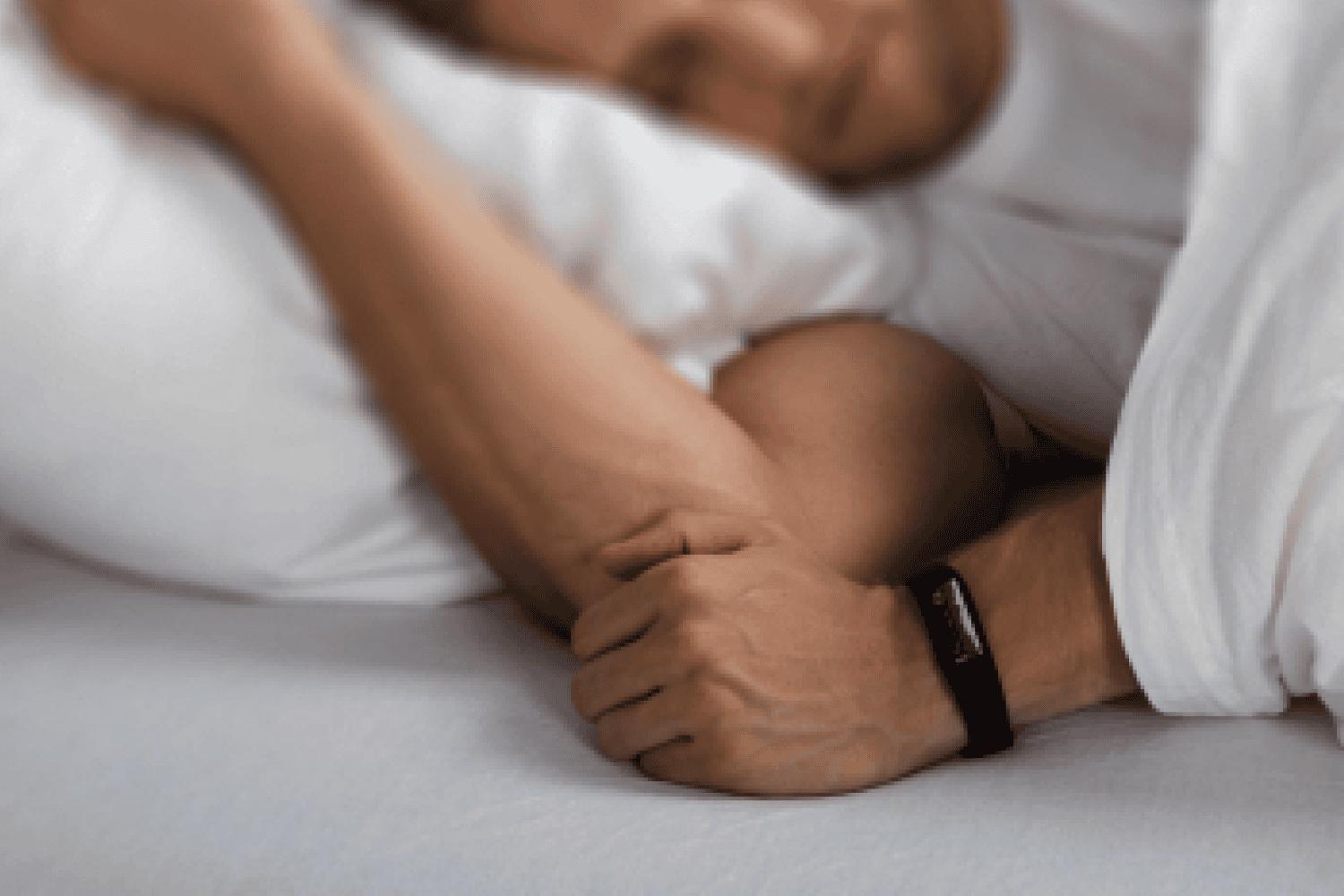
How Technology Can Improve Your Sleep
by Oliver Lee
Tech has transformed the way we perform life-sustaining tasks, from exercising to ordering sushi.
And while smartphones and screens tend to get vilified as the enemy of restorative slumber, technology—when used the right way—can actually help us sleep faster, longer, and deeper.
We probably don’t have to tell you that the benefits of a good night’s sleep are innumerable. Sufficient sleep can increase productivity, improve memory, and boost creativity while strengthening your heart and immune system. Here are four technologies that can help you unlock the power of restful snoozing:
Wearable Sleep Trackers
Several wearable fitness trackers offer a sleep tracking feature. Trackers typically measure your heart rate to determine how long you spend in REM sleep, and some go even further to monitor factors like blood oxygen saturation and movement to detect breathing disturbances. Popular, highly rated wearable sleep trackers include:
Fitbit Sense. This smartwatch tracks your time in light, deep, and REM sleep and gives you a sleep score for each night. Fitbit Sense also includes a Smart Wake feature, which wakes you up with a quiet vibration during an optimal lighter sleep phase so you feel more energized when you rise.
Muse S. A soft brain-sensing headband, Muse S tracks real-time brainwave feedback (EEG) as well as heart rate, skin temperature, and movement. Using this info, the system provides personalized insights and meditation feedback every morning.
Philips SmartSleep Deep Sleep Headband. In addition to tracking your sleep habits, the Phillips SmartSleep Deep Sleep Headband is designed to improve your sleep. When the headband senses that you are in deep sleep, an algorithm triggers quiet audio tones to enhance and prolong this phase.
Relaxation & Sleep Podcasts
Society’s hunt for a good night’s sleep has led to the creation of many a sleep-focused podcast. Here are some of our favourite sleep and relaxation-promoting podcasts:
Get Sleepy. Heralded as the “ultimate bedtime story podcast,” Get Sleepy is a meditative podcast that features half-hour fairytales for grownups. Every episode kicks off with a soothing meditation and includes New Age soundscapes and mindfulness techniques.
Sleep Talk: Talking All Things Sleep. This Australian Podcast is co-hosted by sleep psychologist Dr Moira Junge and sleep physician Dr David Cunningham. Each monthly episode discusses a sleep topic, like sleep hygiene, sleeping during the pandemic, and sharing a bed.
Slow Radio. An intellectual take on traditional white noise recordings, BBC’s Radio 3’s Slow Radio delivers calming soundscapes from around the world.
Sleep with Me. Inspired by late-night comedy radio, Drew Ackerman combines “the pain of insomnia with the relief of laughing” in the Sleep with Me storytelling podcast. Every night Drew bores more than 150,000 Australians to sleep.
Wake-Up Lights
Also called sunrise alarms, wake-up lights rely on a technology known as dawn simulation or artificial dawn . Unlike traditional alarm clocks which tend to jar you out of bed with noise, sunrise alarm clocks simulate natural dawn sunlight with gradual increasing light. Because humans have evolved to wake up with the rising sun, a dawn simulator can help you rise more naturally by telling your body to reduce the production of sleep hormones like melatonin and wakeful hormones like cortisol. Using a sunrise clock has been shown to improve sleep quality at night while improving your mood and well-being throughout the day. Today, there is a slew of these types of clocks on the market, but our favourites include the luxurious Philips Wake-Up Light HF3520 with a reading lamp and the budget-friendly, Alexa-compatible HeimVision Sunrise Alarm Clock.
Nest Hub
In early 2021, Google rolled out its second-gen Nest Hub—a smart display and speaker that tracks your sleep. The Nest Hub has a built-in radar that tracks micromovements like your chest rising and falling, as well as a microphone that detects snoring and coughing, plus sensors that determine your bedroom temperature and the brightness of the lights. Using all of this information, Nest Hub makes custom recommendations to help you sleep better, such as bedtime reminders and meditation wind-down suggestions. In addition to tracking your sleep patterns, the system’s radar also lets you do things like raise your hand to snooze your alarm or pause your podcasts.
Of course, for all these technological advancements, good sleep starts with a comfy bed and crisp sheets. Order a set of buttery soft, organic cotton bedding from bedsmade.

